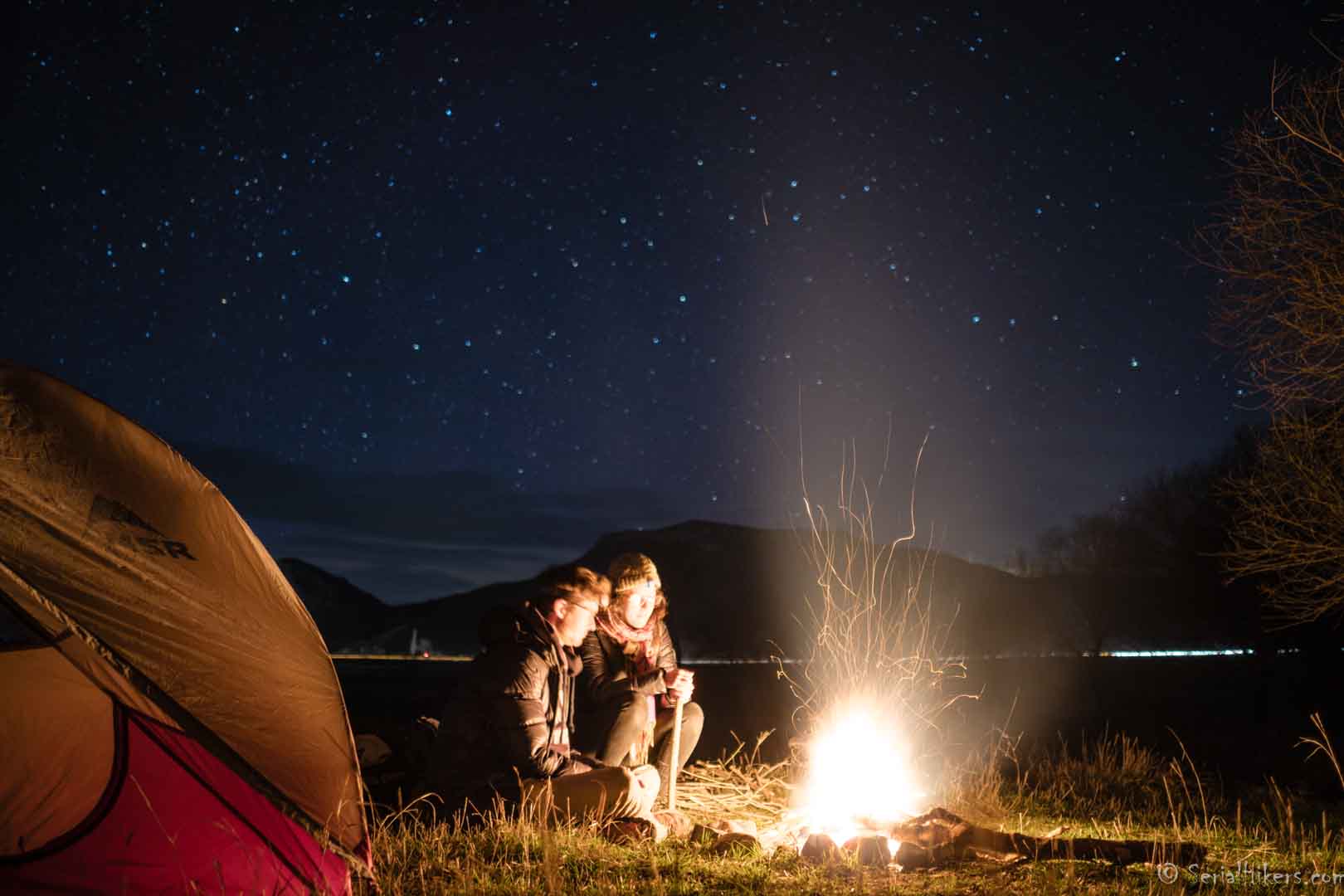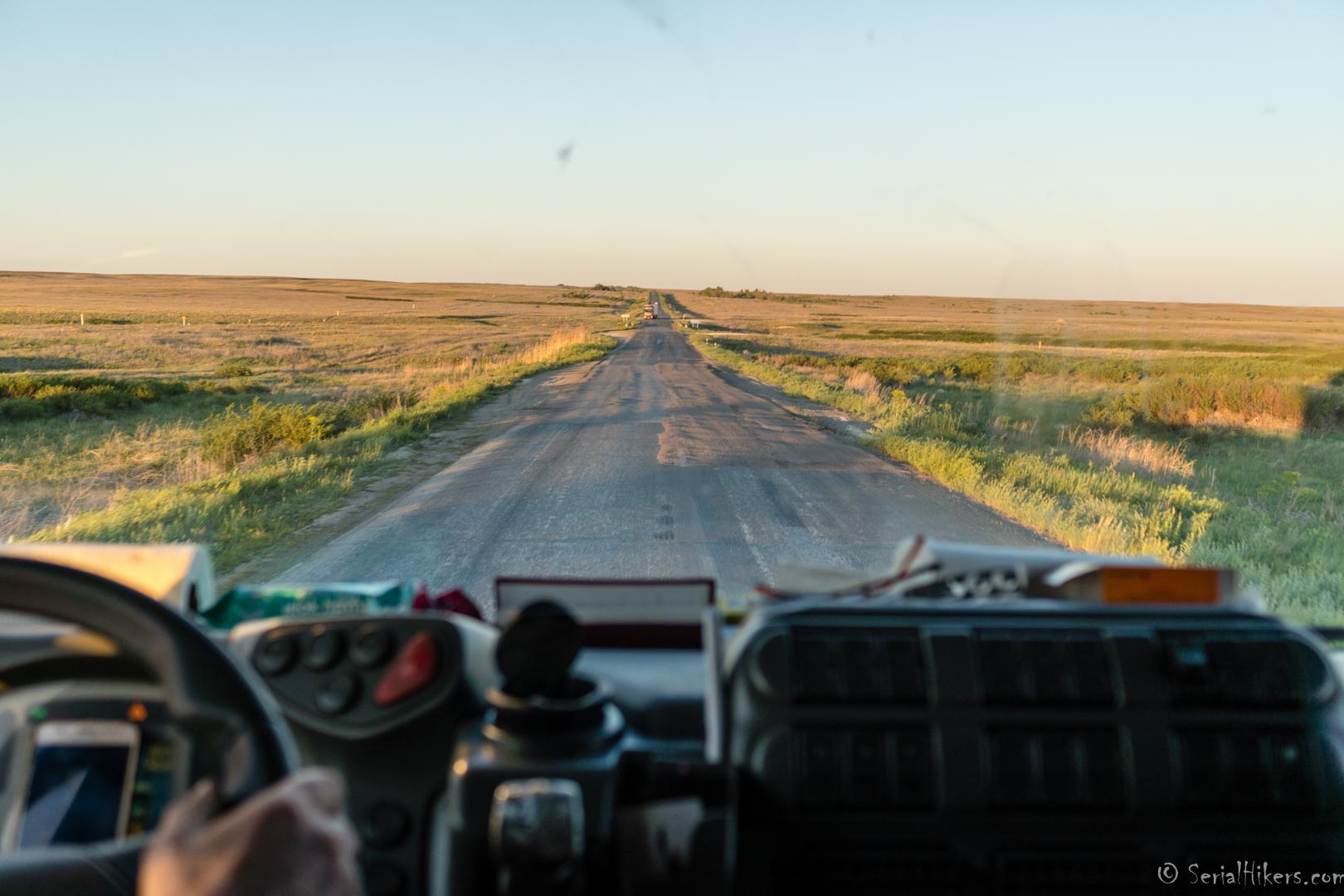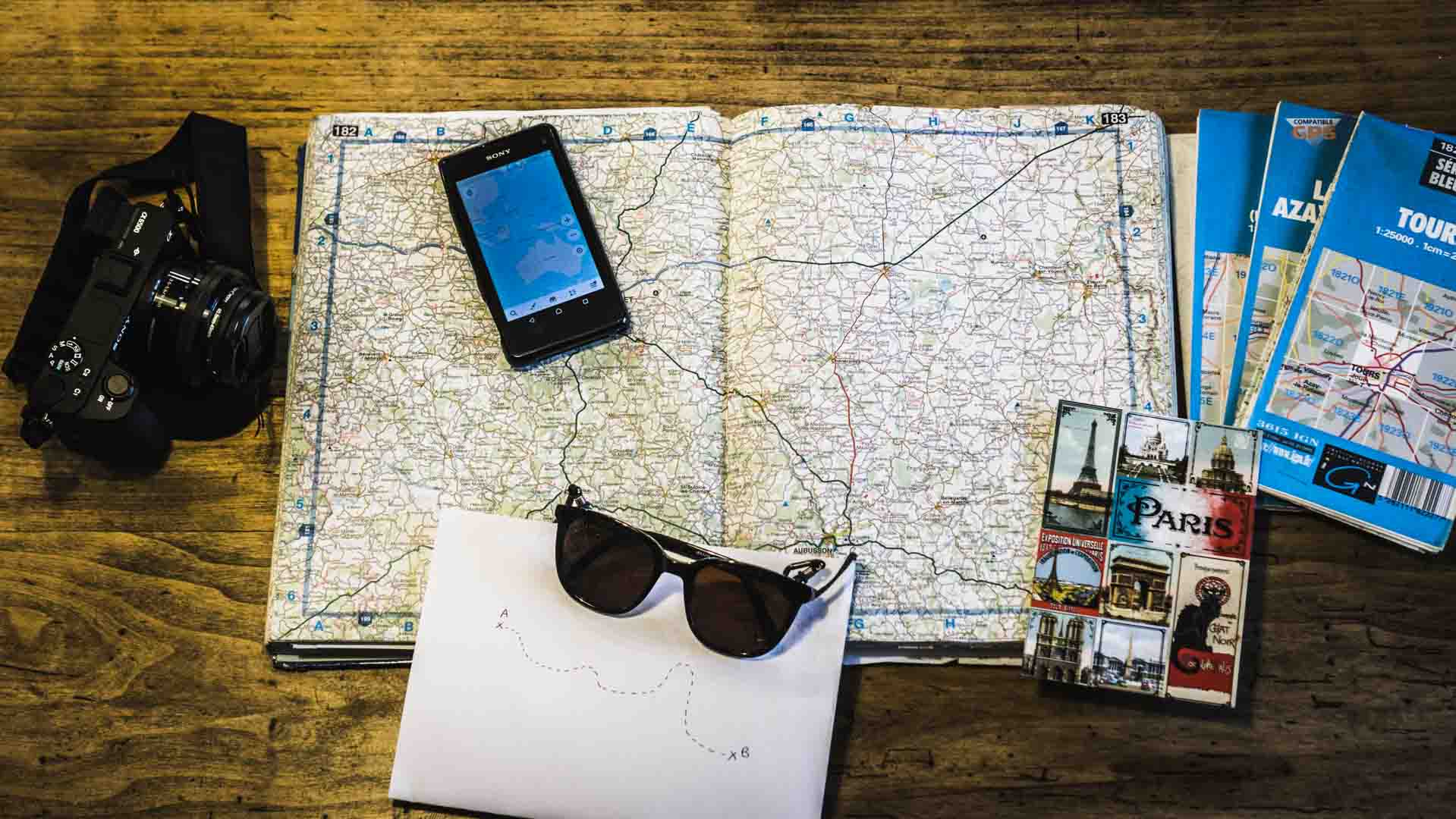Have you ever heard of “Slow travel”, this new trend that consists in slowing down the pace of travel in a modern world where everything has to go fast, sometimes too fast…? It’s undoubtedly the solution to the eternal problem of travelers constrained by time: a return to the fundamentals of travel; a discovery of the unknown mixed with relaxation. From definition to practice, let’s take our time to focus on… the slow travel!
Slow travel, what is that?
“Slow travel is a way of traveling, where the emphasis is on taking your time, focusing on the quality of the experience rather than the quantity of planned activities”
At the end of May 2016, when we made the decision to undertake a long journey, the first thought that crossed our minds was: “Since we are quitting our jobs, we will soon have no more incomes… But we will have time!”. And you know the old saying: “Time is money”. By resigning, we had just bought ourselves some time..
Soon, we turned our project to an alternative travel – by following this travel philosophy that would allow us to reconcile our ecological convictions, our limited budget and our desire to exchange with people. Only, in order to respect these objectives, we started to travel… slowly.
- Slowly because, instead of crossing the globe by plane in a few hours, we are crossing several borders, bypass several barriers (physical, geopolitical) by using slower alternative ways to travel (walking, hitchhiking cars and sailboats, etc)
- Slowly because, instead of imposing an end date that would have conditioned our whole adventure, we have preferred to travel without time limit (and are still on the road for the moment).
- Slowly because, instead of following paper guides and all traced itineraries, we preferred to build our own route according to encounters, opportunities, seasons…

More about alternative travel
Why traveling slowly?
All the reasons are good to go on a slow travel! Ecology, budget, need to slow down the pace, to unwind, to follow your heart, to see the world differently… These are more or less the same reasons that pushed us to stop flying!
Reducing your carbon footprint
Obviously, by traveling slowly, we also get rid of polluting technologies that allow us to go “the more fast, the more far possible”. But beyond the means of transport used, it’s also the whole lifestyle of a slow travel that made us polluting less: shopping at the local market rather than eating in a restaurant chain, spending the night in a tent or at a local’s house rather than in a hotel, visiting places that are less exposed to mass tourism rather than to over-frequented places etc
Saving money
… And we are proving it since the beginning: by traveling slowly and without a plane, by stopping somewhere to volunteer, by favouring cultural exchange through spending our nights in a local house, we have been able to achieve huge savings on our daily expenses – and allowing us to travel longer, without money becoming a limiting factor!
Unwinding
Taking your time on a trip is also a way to free time for yourself, free time to unwind: it’s no longer a question of following a tight schedule, of visiting at all costs all the places listed on a travel guide, of being afraid of missing your flight or not finding your suitcase in the arrival hall…
Discover the world differently
As soon as we no longer depend on time constraints, we are surprised to see the world differently – by making more encounters, by accepting invitations along the way more easily, by taking our time to observe, to discover local life, by regularly going off the beaten track of mass tourism.

More about all the airless alternatives in our special non-flying travel guide
Slow travel, the real practice
Seizing the right opportunity
And yes, in order to travel slowly you need time. And to have time, you have to make life choices. And that’s good, because in the course of our lives, we are sometimes confronted with some situations that can turn into a real opportunity!
A job contract that is coming to an end, and no real plan for the future: with poor job prospects and unemployment on the rise, it could be the perfect time to bounce back and, why not, take this opportunity to travel by taking our time.
Taking advantage of the end of studies to travel slowly is an excellent solution to take a break from school while learning/improving skills (in a foreign language for example) to boost your CV!
Some people (like us) consider that traveling as a life project – just like buying a car or a house, getting married, or having children. A project that matures over time, that you can realize once all the right conditions are in place!
Repetitive boring work, days that repeat themselves ad infinitum: who has never dreamed of escaping from their daily routine, traveling through wide open spaces? The slow traveler can shape his or her days like no other: different activities, encounters, exotic meals, great outdoors… Unique days, less stressful, where nothing is written in advance!
for those who have gone through a love break-up or lost a loved one, leaving by taking unknown paths could be experienced as a kind of therapy; a way to move on, to regain energy, to get away from what connects us to the other… The slow travel and its unexpected encounters may be the key to healing!
Solo journey into the unknown can be frightening: fear for your own safety, fear of feeling alone and misunderstood… And then one day you find the ideal travel companion – the one who shares your desires, your convictions… And, of course, your enthusiasm to make this new project a reality!
What if traveling slowly allows us to get to know ourselves better, far from our loved ones and our landmarks? After all, it’s like starting from scratch: we observe and adapt to our new environment, test our own limits, learn from our experiences and others teachings… The perfect opportunity to prove (to yourself) what you can do, and how far you are capable of doing it!
Do you remember the adventurer Alexander Supertramp, hero of the movie “Into the wild”, who left everything behind to travel slowly through the US and learn to detach himself from the system? Maybe you too, are not one of those people who see personal success as owning all the goods on Earth: after all, travel experiences will never lose their value, and no one will be able to steal them from you!…
You thought you’d been through everything with each other? We challenge you to test your couple/friendship by leaving for an indefinite period of time, 24 hours a day together, with a lot of compromises to make, and a lot of mood swings to go through! Deal-breaker or no deal-breaker?
Are you stalling in your professional life? Would you like to broaden your field of expertise? What about taking time to… do volunteer work on the road (farm work, renovation projects, environment project, etc) or spending some free time to develop your creativity (photography, writing, music, etc)?
Learn to take your time
Having time, after having spent a life where we had no control over it, is a real gain in freedom… not always easy. In the beginning, it’s even quite frequent to see our old failings coming back to the surface: “tomorrow, I plan to do this and that”, “I plan to stay there for two days, and then leave again”… But then, how can we get rid of them? How do we… learn to travel slowly?
While your own experience will provide you with answers, ours has allowed us to identify some key behaviors to adopt:
- Being available, flexible: forget about bookings, tight schedules and to-do-list, the best thing about traveling is the unexpected!
- Say yes to opportunities open to you: local’s invitation to sleep over, to share a meal, to go for a walk with a stranger, etc.
- Speak to the locals, ask them for advice: what to see, what to do, what to eat, etc.
- Follow your feelings, your mood: do you want to stay somewhere? Stay! You wish to rest rather than visit? No problem!
- Move slowly, by favoring walking rather than transportation in the city for example

More about drawing your route from day to day
Useful link:
* Post written according to our personal experience *